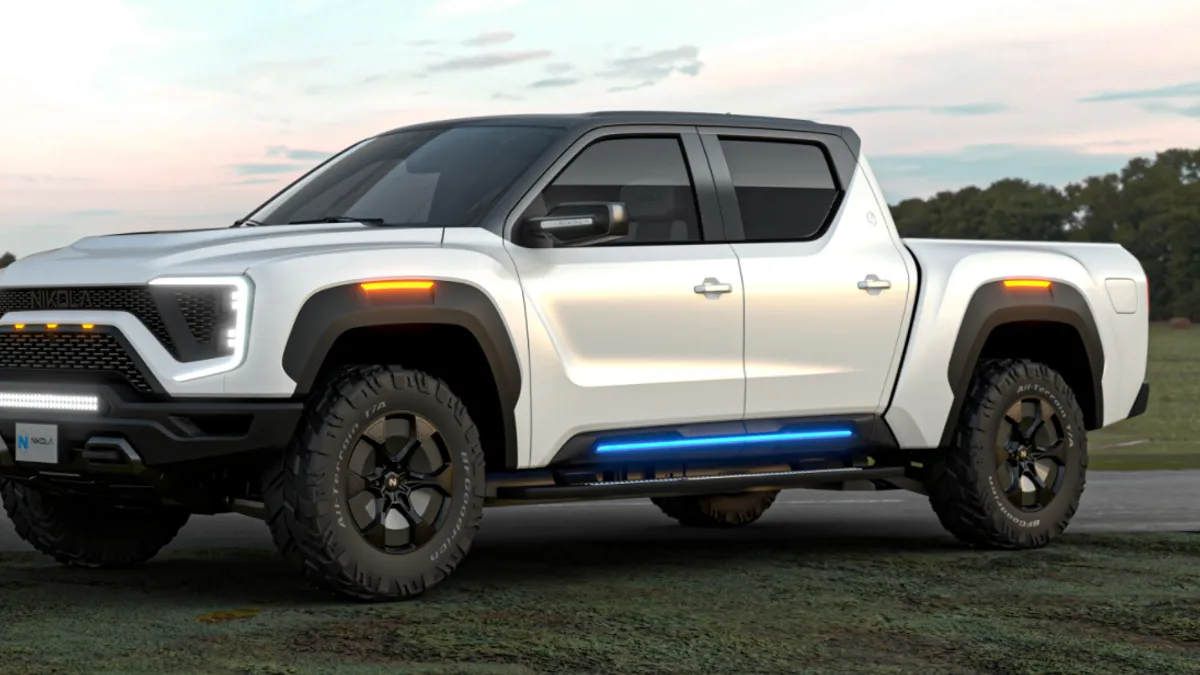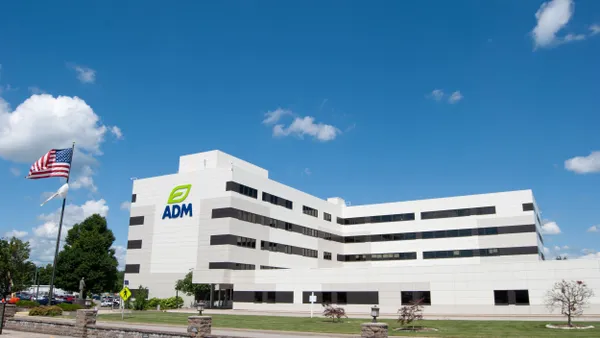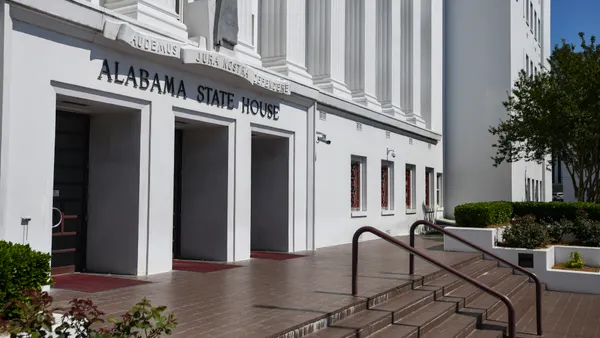Dive Brief:
- Electric truck maker Nikola Corporation agreed to pay $125 million to settle charges by the Securities and Exchange Commission that its founder and former CEO and chair, Trevor Milton, used social platforms and media appearances to mislead about how far along the company was in its technical advances and sales performance.
- “Nikola Corporation is responsible both for Milton’s allegedly misleading statements and for other alleged deceptions, all of which falsely portrayed the true state of the company’s business and technology,” Gurbir Grewal, director of the SEC’s enforcement division, said in a statement.
- Milton helped Nikola raise more than $1 billion in private offerings and, in 2020, go public through a business combination with special purpose acquisition company (SPAC) VectoIQ. He resigned last year as CEO in June and from his board role in November. He’s been personally charged with securities violations and faces millions of dollars in disgorgement and penalties if the claims succeed.
Dive Insight:
Before the company had produced a single commercial product, the SEC says, Milton embarked on a public relations campaign aimed at inflating Nikola’s stock price by giving investors the impression the company had reached certain product and technological milestones.
For example, in 2020, he claimed an order for 2,500 trucks was guaranteed, but in the terms of the agreement, the customer was only obligated to complete the purchase under specific conditions, the SEC says.
In another example, he gave the impression that Nikola had created breakthrough battery technology that was on the verge of being deployed in its vehicles but, in reality, the company paid $250,000 to license coin-size cell technology created by someone else.
Other areas in which Milton is alleged to have made misleading claims include what it would cost to own a Nicola truck, the development progress of in-house components and the state of its hydrogen production, among other things.
In addition, Milton allegedly misled investors by misrepresenting or omitting material facts about the refueling time of its prototype vehicles, the anticipated cost and sources of electricity for its planned hydrogen production and the economic risks and benefits associated with a planned partnership with an auto manufacturer.
The $125 million settlement will be put into a fund to reimburse investors.















